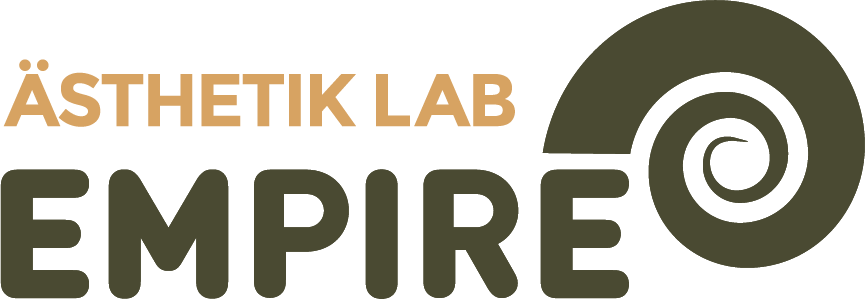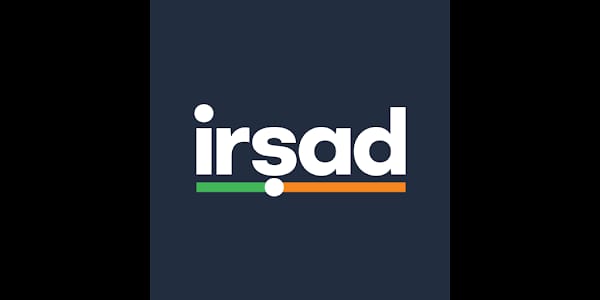Logistics Manager
- Baku Steel Company LLC
-
Elanın qoyulma tarixi: 31.03.2023Vakansiyaya müraciət tarixi bitmişdir.
İşin təsviri
Roles and Responsibilities:
- Provide logistics technology or information for effective and efficient support of product, equipment, or system manufacturing or service.
- Conduct logistics studies or analyses.
- Identify cost-reduction or process-improvement logistic opportunities.
- Review contractual commitments, customer specifications, or related information to determine logistics or support requirements.
- Evaluate effectiveness of current or future logistical processes.
- Develop or maintain cost estimates, forecasts, or cost models.
- Analyze or interpret logistics data involving customer service, forecasting, procurement, manufacturing, inventory, transportation, or warehousing.
- Determine logistics support requirements, such as facility details, staffing needs, or safety or maintenance plans.
- Identify or develop business rules or standard operating procedures to streamline operating processes.
- Create models or scenarios to predict the impact of changing circumstances, such as fuel costs, road pricing, energy taxes, or carbon emissions legislation.
- Develop or document reverse logistics management processes to ensure maximal efficiency of product recycling, reuse, or final disposal.
- Define performance metrics for measurement, comparison, or evaluation of logistics operations.
- Implement new or improved logistics processes to improve efficiency or performance.
- Design or implement logistics plans that support business strategies adapted to changing market conditions, new business opportunities, or cost reduction strategies.
- Review or update logistics practices in accordance with new or changing policies, standards, regulations, or laws.
- Plan, organize, or manage the work of subordinate staff to ensure that the work is accomplished in a manner consistent with organizational requirements.
- Collaborate with other departments to integrate logistics with business systems or processes, such as customer sales, order management, accounting, or shipping.
- Analyze all aspects of corporate logistics to determine the most cost-effective or efficient means of transporting products or supplies.
- Resolve problems concerning transportation, logistics systems, imports or exports, or customer issues.
- Prepare and manage departmental budgets.
- Monitor product import or export processes to ensure compliance with regulatory or legal requirements.
Job Specifications:
- Minimum 7-10 years’ experience in Logistics management roles, preferably in production and manufacturing companies
- Knowledge of business and management principles involved in strategic planning, resource allocation, and coordination of people and resources.
- Knowledge of laws, legal codes, government and international regulations (Incoterms 2020) related with logistics.
- Knowledge of raw materials, production processes, quality control, costs, and other techniques for maximizing the effective manufacture and distribution of goods.
- Knowledge of principles and methods for moving goods by air, rail, sea, or road, including the relative costs and benefits.
- Good working knowledge of English
- Higher education in Business Administration, Economics, Supply Chain Management
- Critical thinking skills to use logic and reasoning to identify the strengths and weaknesses of alternative solutions, conclusions, or approaches to problems
- Coordination skills to adjust actions in relation to others' actions.
- Complex problem-solving skills to identify complex problems and reviewing related information to develop and evaluate options and implement solutions.
- Judgment and decision-making skills to consider the relative costs and benefits of potential actions to choose the most appropriate one.
Email: [email protected]
Baku Steel Company LLC tərəfindən digər vakansiyalar
Elanı irəli çək





